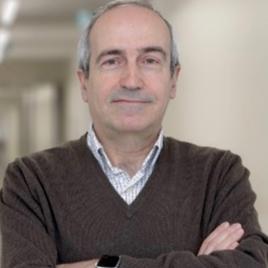The duration of the PhD programme in Biotechnology is four years, corresponding to 240 ECTS credits:
| Type of Courses | ECTS |
| optional course units | 10 |
| mandatory on the topic of the PhD branch | 210 |
| on biotechnology topics | 20 |
The PhD in Biotechnology offers five specializations: Food Science and Engineering, Environmental Sciences and Engineering, Biomedical Science and Engineering, Microbiology and Chemistry.
The curricular part is organized as follows:
| YEAR | COURSES | ECTS |
| 1st | thesis plan | 10 |
| doctoral dissertation | 48 | |
| research seminars | 2 | |
| 2nd and 3rd | doctoral dissertation | 52 |
| research seminars | 3 | |
| optional courses | 5 | |
| 4th | doctoral dissertation | 58 |
| research seminars | 2 |
The inclusion of a curricular component in a Doctoral programme offers students the opportunity of expanding and consolidating a broad understanding of knowledge in a structured manner. It is recognized, however, that given the high level of expertise that doctoral studies require, such a curricular component should be flexible enough to enable each student to define and develop a profile consistent with his/her objectives and according to his/her training and professional and academic interests.
The dissertation component, in which multiple research skills are acquired, developed and consolidated, corresponds to a total of 210 ECTS. In their research studies students should develop original work representing a contribution to the advancement of knowledge in the area, and thus worthy of publication in refereed, international journals. To achieve these objectives, the students count on the support offered by the human and technical resources available at the CBQF research Centre and also at both ESB’s dedicated (and ISO 17025 accredited) industrial support laboratories. Another important characteristic of the programme is the opportunity it offers to undertake internships in external laboratories of recognized merit or in companies. This approach is facilitated by the multiple thematic networks that ESB and CBQF are present in, and by the formal and informal partnerships that CBQF researchers have.




